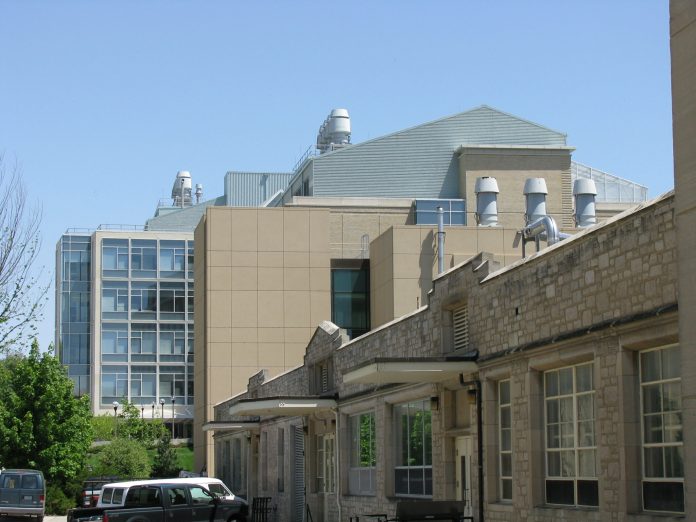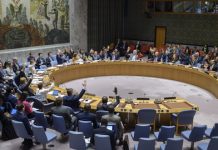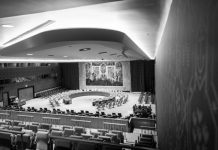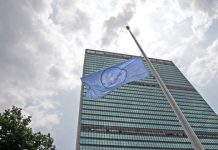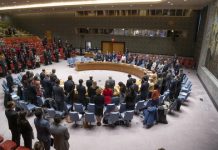Photo credit: DiasporaEngager (www.DiasporaEngager.com).
Oé-Cusse, Timor-Leste – Timor-Leste, in collaboration with the International Organization for Migration (IOM) and USAID, has taken another step in strengthening disaster preparedness by conducting a second simulation exercise in the Oé-Cusse Ambeno Special Administrative Region Authority (RAEOA). Building on the success of the first simulation exercise held in Lautem municipality two months ago, this event highlighted the critical importance of early action to mitigate disaster impacts.
Led by the Civil Protection Authority (CPA) and local government, the exercise tested the readiness of the Regional Disaster Risk Management Committee (RDRMC) and the coordination between community members and local authorities. Through a simulated typhoon scenario, participants gained practical experience in evacuation procedures and the use of early warning systems. The initiative exemplified a whole-of-government and whole-of-community approach, engaging stakeholders from national to local levels.
“Climate change is no longer just a warning; it is a reality that affects the entire world and poses a serious concern for every nation. This activity highlights the importance of preventive measures to protect our communities from the severe impacts of disasters.
On behalf of the Government of Timor-Leste, we extend our gratitude to our partners for their efforts here in RAEOA. Today’s simulation demonstrates that Timor-Leste is committed and prepared to respond effectively to emergencies,” said Domingos Mariano Reis, Secretary of State for Civil Protection, during his speech.
Given Timor-Leste’s vulnerability to weather-related hazards, the Oé-Cusse simulation exercise underscored the region’s unique risks stemming from its mountainous terrain and coastal environment. It also highlighted the importance of inclusive disaster risk management by actively involving women, youth, older persons, and people with disabilities in planning and preparedness efforts.
IOM Chief of Mission Jewel Ali praised the inclusive nature of the exercise, noting, “By involving women, youth, and other vulnerable groups in these simulations, we are fostering a community-based approach to disaster preparedness that truly reflects the needs of everyone.”
This exercise built on lessons learned from the Lautem simulation and laid the groundwork for future disaster preparedness initiatives. It served as a platform for communities to enhance and expand early warning systems, evaluate evacuation protocols, and identify areas for improvement in disaster response. This collaborative effort also ensured that lessons learned will guide the development of improved Standard Operating Procedures (SOPs) for emergencies.
“The United States is committed to helping Timor-Leste strengthen its disaster management capabilities to protect future generations. Simulations like this one are essential for preparing governments and communities to effectively respond to crises,” said Jessica Doxtater, representative from USAID’s Bureau of Humanitarian Assistance.
The simulation exercise in Oé-Cusse not only strengthened the operational capacity of local and regional authorities but also empowered communities to play active roles in safeguarding their lives and livelihoods. Through collaborative efforts, Timor-Leste continues to strengthen its resilience and readiness to address the challenges posed by natural hazards.
“It’s important for us to know our roles and responsibilities, especially when preparing for natural disasters. Theory gives us the knowledge, but simulations help us turn plans into actions and practice what to do. They teach us what works and what doesn’t, so we can avoid mistakes that might harm people during disasters,” said Inácia Tamele, Regional Secretary for Education and Social Affairs of RAEOA.
***
For more information, please contact:
Source of original article: International Organization for Migration (www.iom.int).
The content of this article does not necessarily reflect the views or opinion of Global Diaspora News (www.GlobalDiasporaNews.com).
To submit your press release: (https://www.GlobalDiasporaNews.com/pr).
To advertise on Global Diaspora News: (www.GlobalDiasporaNews.com/ads).
Sign up to Global Diaspora News newsletter (https://www.GlobalDiasporaNews.com/newsletter/) to start receiving updates and opportunities directly in your email inbox for free.


